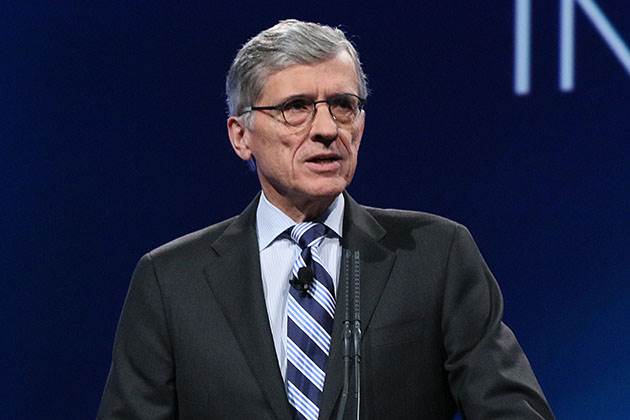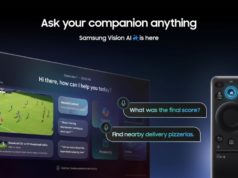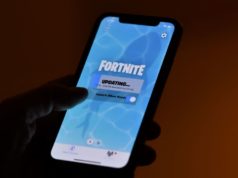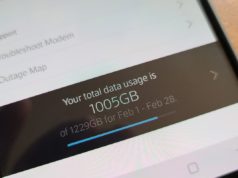The Federal Communications Commission (FCC) has approved a plan to overhaul and expand the Lifeline program by subsidizing Internet service for low-income households in addition to voice-only phone service. Republicans in the House of Representatives, however, have vowed to take action that would set a hard budget cap on the program.
Republicans on the House Energy and Commerce Committee said they would take up a bill to establish a cap on the program’s spending ability not long after the FCC voted to revamp the program yesterday.
In existence since the 1980s, Lifeline previously offered a monthly $ 9.25 subsidy for voice-only phone service. The FCC voted to allow tose monthly subsidies to be used for the first time to pay for Internet service as well as basic phone service. The current budget for the program is just over $ 1.5 billion, a figure that the FCC said it expected to increase as people take advantage of the new broadband subsidy offer.
Change of Heart
As approved, the FCC plan includes $ 2.25 billion in what is called a budget mechanism, meaning that if spending on the Lifeline program came close to that amount, the FCC would have to decide whether to increase the funding. Republican FCC members voted against the expansion, saying that the cap could easily be exceeded if the FCC either votes to increase it or does nothing.
FCC commissioner Mignon Clyburn, a Democrat, had been negotiating with Republican FCC members on a hard $ 2 billion cap on the program. However, Clyburn stepped away from the deal at the last minute, saying that a hard budget cap doesn’t align with her vision of what Lifeline should be during the Internet age.
Clyburn might have been swayed by a group of eight House Democrats on the Energy and Commerce Committee. Those representatives had sent the FCC a letter expressing their opposition to a hard budget cap for Lifeline.
“Demand is expected to increase as the program transitions to include broadband service, and any cap would threaten the goals and purpose of Lifeline,” they said. “By establishing an artificial cap on funding from the outset, many low-income consumers could find themselves without any mechanism to bridge the digital divide.”
Becoming a Necessity
Is folding broadband service into Lifeline subsidies inevitable as Internet access becomes less of a luxury and more of an essential utility? Independent technology analyst Jeff Kagan told us that Republicans will likely have an uphill battle if they try to stall the program’s progress.
“The Internet is becoming like the telephone, very commonplace and necessary,” said Kagan. “While we may have all agreed years ago that the Internet was not that important, things are changing.”
The GOP bill, sponsored by Georgia Rep. Austin Scott, would cap the program at $ 1.5 billion. The bill might end up a gesture of protest as much as anything, since Democrats would likely oppose it and President Barack Obama would probably not sign it even if it were passed.







